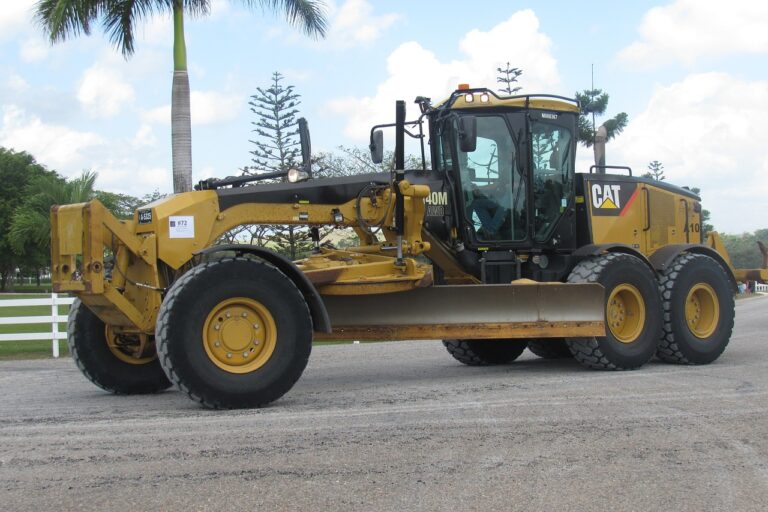Analyzing the Impact of Connected Cars on Traditional Automotive Maintenance Models: Betbhai9, Playexch in login, Lotus365 in login password
betbhai9, playexch in login, lotus365 in login password: The automotive industry is rapidly evolving with the advent of connected cars, which have the ability to communicate with each other, infrastructure, and even the driver’s smartphone. This technological advancement is changing the way we think about automotive maintenance and repair. In this article, we will explore the impact of connected cars on traditional maintenance models.
Enhanced diagnostics capabilities
Connected cars are equipped with sensors and diagnostic tools that can monitor the vehicle’s performance in real-time. This means that issues can be identified and addressed before they become major problems. Mechanics can access diagnostic data remotely, allowing them to pinpoint issues more quickly and accurately. This leads to faster repairs and reduced downtime for the vehicle owner.
Predictive maintenance
One of the key benefits of connected cars is their ability to predict when maintenance is needed. By analyzing data from sensors and historical performance, connected cars can alert drivers and mechanics when a part is likely to fail. This proactive approach to maintenance can help prevent costly breakdowns and extend the lifespan of the vehicle.
Remote software updates
Connected cars can receive software updates over the air, much like a smartphone. This means that manufacturers can push out updates to improve performance, fix bugs, or add new features without the need for a trip to the dealership. This not only saves time but also ensures that the vehicle is always running on the latest software version.
Shift to subscription-based models
As cars become more connected, some manufacturers are exploring subscription-based models for maintenance and repair services. Instead of paying for individual services, drivers can opt for a monthly subscription that covers all maintenance and repair needs. This can provide peace of mind for drivers and potentially reduce costs over the long term.
Challenges for traditional mechanics
While connected cars offer many benefits, they also present challenges for traditional mechanics. Mechanics will need to undergo additional training to work on these advanced vehicles, which may require an investment of time and resources. Additionally, the shift towards predictive maintenance and remote diagnostics may reduce the number of in-person service appointments, impacting revenue for traditional repair shops.
Conclusion
Connected cars are revolutionizing the automotive industry, offering enhanced diagnostics capabilities, predictive maintenance, remote software updates, and subscription-based models. While these advancements bring many benefits for drivers, they also pose challenges for traditional maintenance models. Mechanics will need to adapt to the changing landscape of automotive repair to remain competitive in this new era of connected vehicles.
FAQs
Q: Will connected cars eliminate the need for traditional maintenance altogether?
A: While connected cars can help prevent issues and streamline maintenance processes, traditional maintenance will still be needed for certain repairs and services.
Q: Are connected cars more expensive to maintain?
A: Initially, the cost of maintenance for connected cars may be higher due to the advanced technology. However, over time, the benefits of proactive maintenance and reduced downtime can help offset these costs.
Q: How do I know if my car is connected?
A: Most modern cars come equipped with some level of connectivity, such as Bluetooth, Wi-Fi, or a built-in infotainment system. Check with your manufacturer for specific details on your vehicle’s connectivity features.







